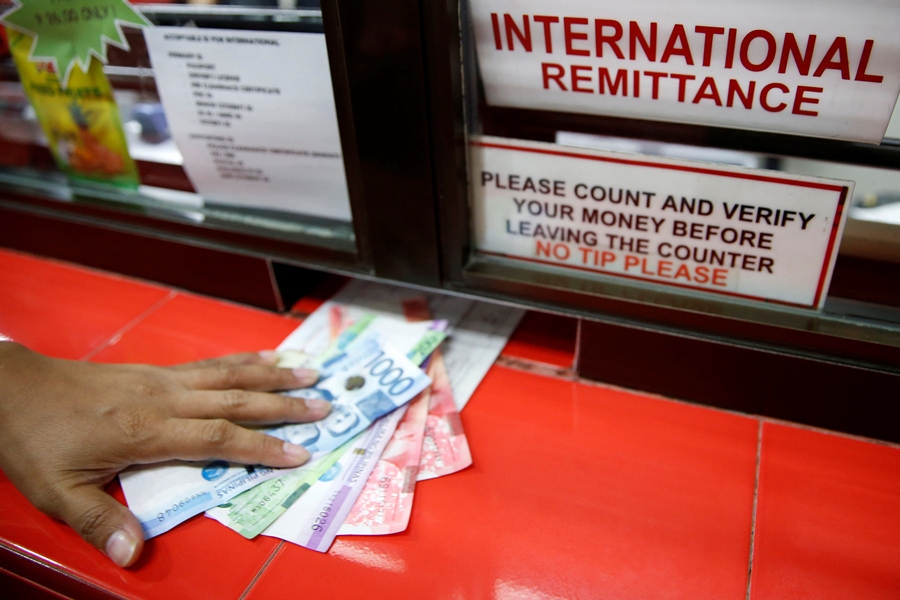SAM
Published:2019-12-10 04:36:32 BdST
Remittance inflow increases by 22.67pc in 5 months
FT ONLINE
Expatriate Bangladeshis sent US$7,714.19 million remittances in the first five months of the current fiscal 2019-20, which is 22.67 percent higher than the amount of corresponding period of the preceding year, according to Bangladesh Bank data.
The country received $6,288.44 million remittances during the July-November period in the 2018-19 fiscal year.
“The flow of remittances into the country shows an upward trend in the current fiscal 2019-20 as the government has taken measures, including two percent cash incentive, to streamline the legal channel for encouraging non-resident Bangladeshis (NRBs) to send money to the country,” central bank’s spokesperson M Serajul Islam said.
He said the recent flow of remittance indicates that it is gradually increasing and this trend is likely to continue in the upcoming months.
According to their data, the country received $1,597.69 million in July, $1,444.75 million in August, $1,476.91 million in September, $1,639.62 million in October and $1,555.22 million in November of fiscal 2019-20.
But in 2018-19, the country got $1,318.18 million in July, $1,411.05 million in August, $1,139.66 million in September, $1,239.11 million in October and $1,180.44 million in November.
In November this fiscal, six state-owned commercial banks-Agrani, Janata, Rupali, Sonali, Basic and BDBL-received $318.61 million while one state-owned specialized bank- Bangladesh Krishi Bank- received $30.55 million.
Of the state-owned banks, Agrani Bank received $136.62 million, Janata Bank $65.79 million, Rupali Bank $20.03 million, Sonali Bank $96.10 million and Basic Bank received $0.07 million.
Besides, the expatriates have sent $1,194.66 million through private commercial banks. On the other hand, the expatriates have sent $11.40 million through foreign commercial banks.
Unauthorized use or reproduction of The Finance Today content for commercial purposes is strictly prohibited.


